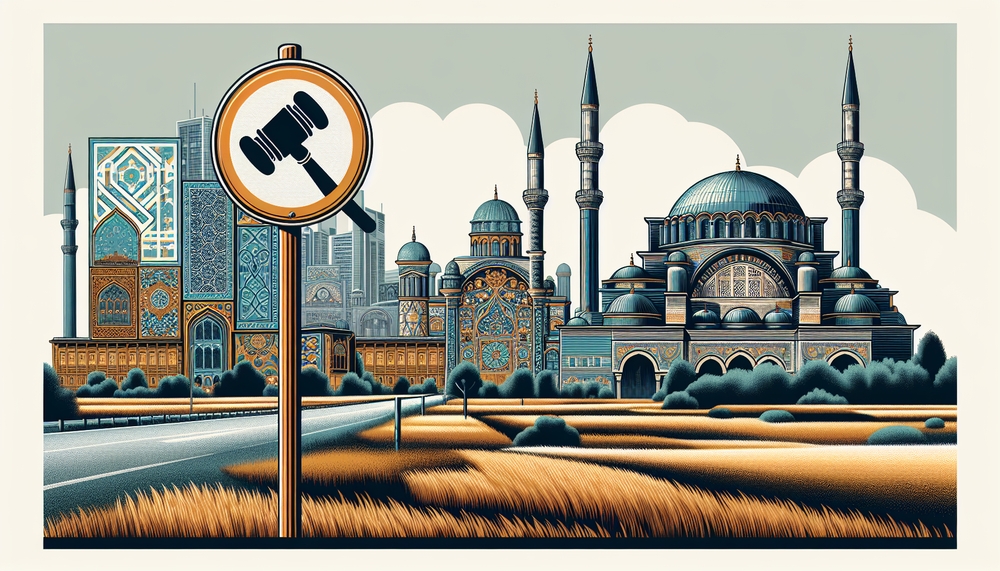Published
- 3 min read
Deepening Authoritarianism and Turkey's Path Forward

Global Surge of Right-Wing Authoritarianism
The rise of right-wing authoritarianism is a phenomenon impacting nations worldwide. Leaders such as Donald Trump in the United States, Vladimir Putin in Russia, Narendra Modi in India, Recep Tayyip Erdogan in Turkey, and Viktor Orban in Hungary have become emblematic of this shift. These leaders embody not just personal political aspirations but represent deeper systemic global trends. Giovanni Arrighi’s theory of systemic chaos and hegemonic transition offers a lens through which to understand these developments as manifestations rather than root causes. Economic instability, cultural unease, and political polarization are elements feeding this global authoritarian wave, suggesting that these leaders are the product of more profound shifts within societies that demand comprehensive analysis.
Turkey’s Unique Position: The Erdogan Era
Erdogan’s 23-year tenure in Turkey showcases a distinctive case of authoritarian resilience amidst an ostensibly competitive democratic structure. Unlike many other countries dominated by similar regimes, Turkey’s electoral processes continue to function, albeit under increasing strain and manipulation. Erdogan’s enduring popularity can be attributed to the local socio-political context, where he has skillfully navigated complexities to maintain power. In comparison to other right-wing dominions, Erdogan’s Turkey benefits from a historical foundation of democratic practices, which paradoxically helps sustain his authoritarian leadership by granting legitimacy through elections, however flawed.
Protests and the Struggle for Democratic Norms
Public dissent in Turkey has grown as democratic norms waned, reminiscent of the fervor during the Taksim Gezi protests. Current protests articulate the populace’s frustration over diminished electoral competitiveness and democratic backsliding. These movements serve not only as a barometer of public sentiment but also as vital cogs in the machinery of democracy, pressing for reform against authoritarian creep. Figures like Ekrem İmamoğlu have emerged as beacons of opposition, though their influence is often countered by Erdogan’s repressive strategies. Yet, their presence underscores a persistent undercurrent yearning for democratic revival.
The Role of Neoliberal Policies in Turkey’s Political Landscape
The trajectory of Turkey’s neoliberal economic framework since 1980 provides critical insights into the socio-political dynamics at play. During Erdogan’s leadership, neoliberal policies were pronounced, deepening societal divides and fostering economic grievances that manifested in unrest and protests. These economic structures have contributed significantly to political dissatisfaction, revealing the fallacy of equating market liberalization with democratic health. As Turkey grapples with these legacies, the importance of addressing economic inequality and fostering inclusive growth is becoming increasingly evident.
The Potential and Limitations of the Turkish Opposition
While the Turkish opposition has managed to coalesce against Erdogan, its efficacy remains limited by a lack of coherent vision and strategy beyond mere opposition rhetoric. A singular focus on anti-Erdogan slogans without substantive policy alternatives has restricted its appeal. Many constituents now recognize that Turkey’s challenges extend beyond replacing Erdogan with another leader, such as İmamoğlu. The crux lies in addressing Turkey’s entrenched structural problems, which require holistic reform approaches that the current opposition has yet to demonstrate convincingly.
Conclusion: Beyond Personality Politics
To transcend the current impasse, Turkey must pivot away from politics centered solely on personalities like Erdogan. There is an urgent need for an inclusive, comprehensive opposition framework that offers sustainable political and economic reforms. Such a strategy should aim to dismantle the entrenched neoliberal status quo that has exacerbated societal divisions. By focusing on structural and historical challenges, Turkey can hope to forge a resilient democratic future, ensuring that electoral and economic systems serve all segments of society equitably, paving the way for genuine democratic renewal.
